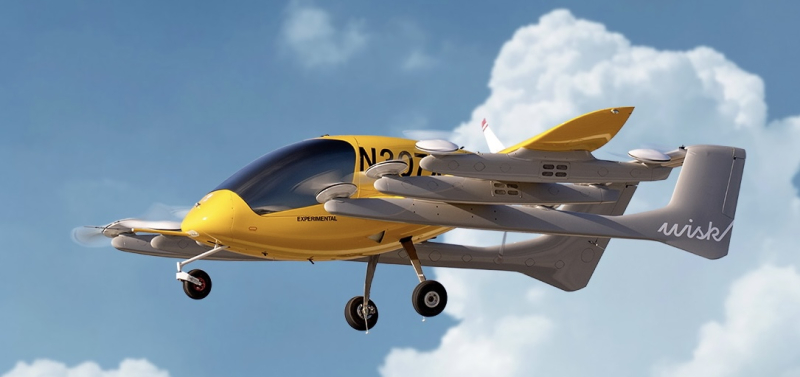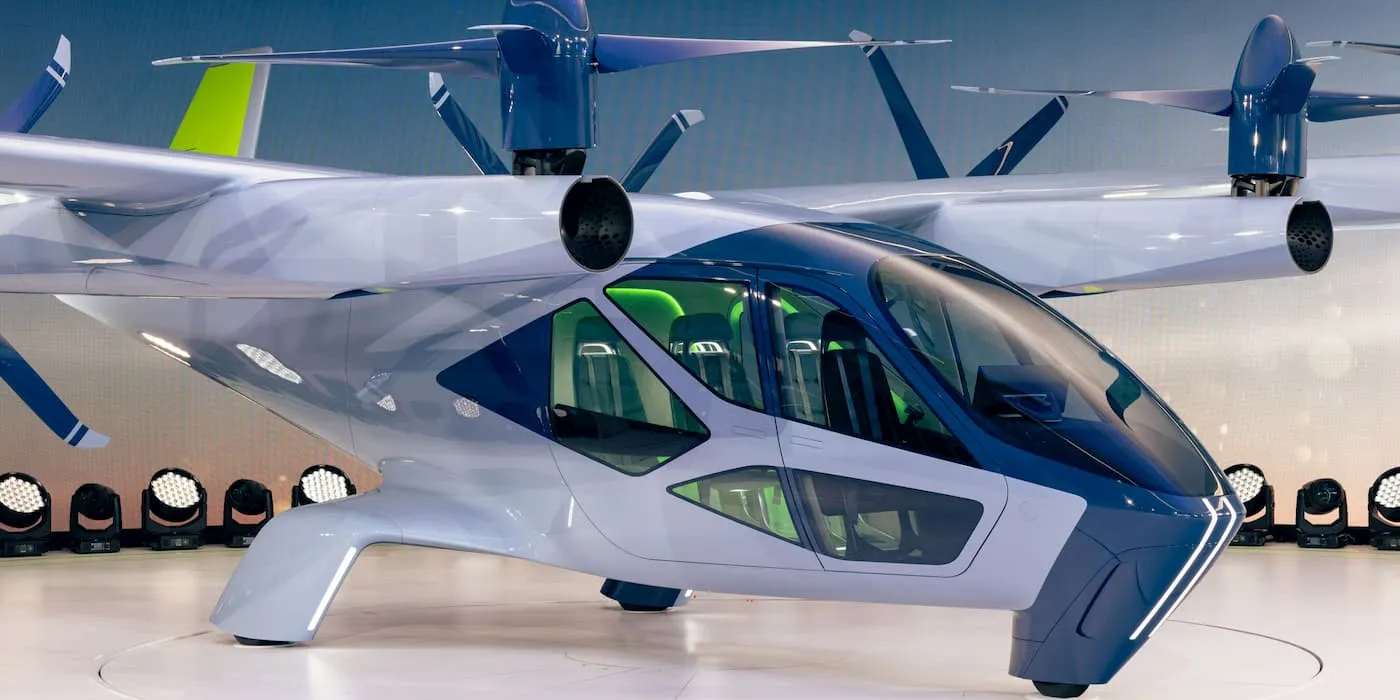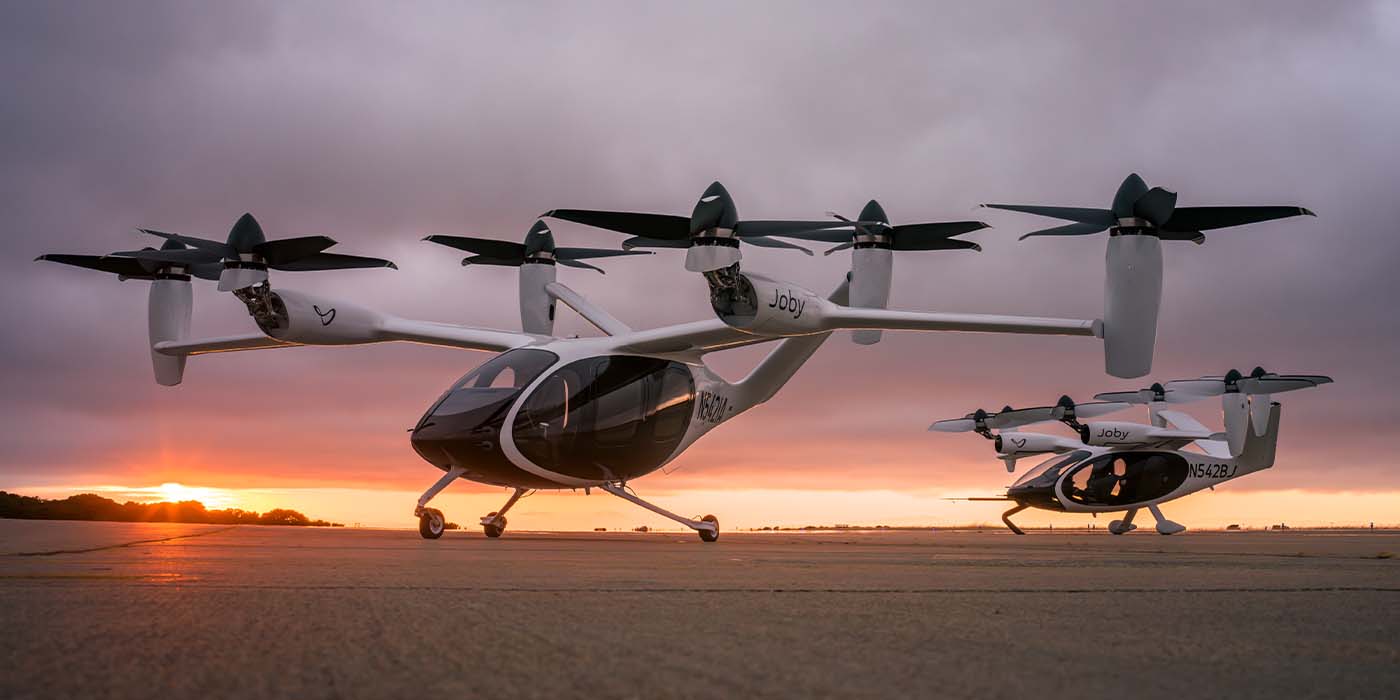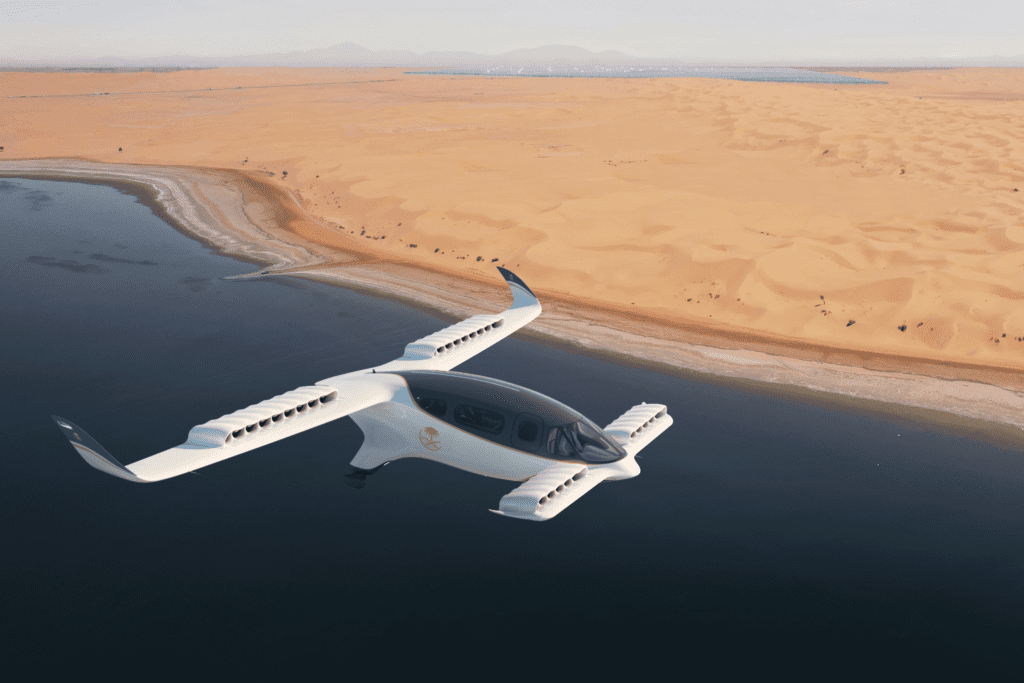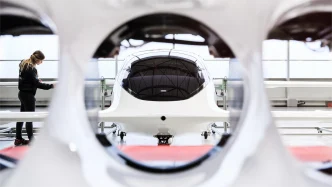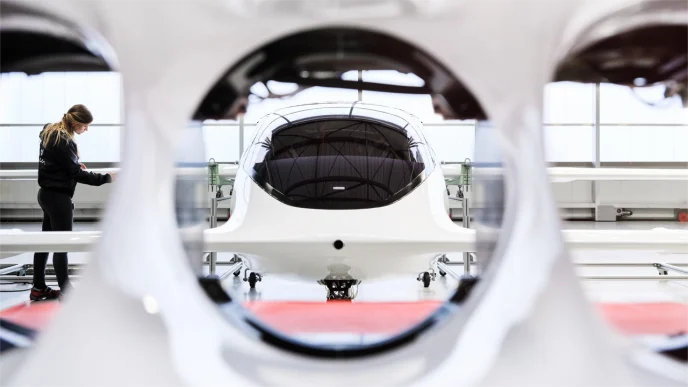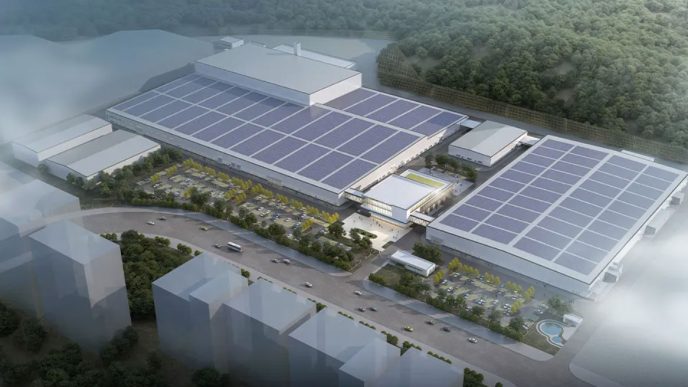Wisk Aero, a subsidiary of Boeing, has formed a partnership with government-owned Airservices Australia to explore the development of self-flying electric air taxis in Australia. This memorandum of understanding aims to evaluate initiatives for autonomous air mobility networks and investigate the integration of advanced air mobility (AAM) and remotely supervised flying vehicles into the country’s airspace.
The collaboration is anticipated to facilitate discussions and knowledge sharing to improve practices related to electric aerial vehicles (EAV) in Australia. “Australia has a history of aviation innovation and a vision for the future that includes advanced air mobility,” said Catherine MacGowan, Wisk’s vice president of APAC and air operations. “We are pleased to share that vision with Airservices and contribute to an air traffic system that accommodates AAM services.”
The two organizations plan to conduct workshops and simulations focused on electric vertical takeoff and landing (eVTOL) vehicles. Wisk Aero has also acquired Verocel, a software verification and validation company that supports the certification of high-integrity aerospace software, which is expected to assist in Wisk’s efforts.
Wisk’s eVTOL vehicle is designed to accommodate four passengers, featuring a fixed wingspan of 50 feet and the capability to cruise at altitudes up to 4,000 feet and speeds of 135 mph. The vehicle operates autonomously with human oversight.
Verocel is involved in various industry standards committees for high-integrity software, including RTCA/Special Committee, EUROCAE working group, and the Federal Aviation Administration (FAA) overarching properties working group. The company’s toolset is used for defining software certification requirements and facilitating FAA submissions.
Boeing has invested an additional $70 million in Wisk as part of a broader $176 million funding initiative aimed at innovation in Canada. This investment supports Wisk’s Montreal engineering center, which is developing a self-flying, four-passenger eVTOL air taxi, as well as research on advanced landing gear and the Aerospace Development Center in the New Quebec Espace Aero Innovation Zone.
Wisk is also expanding its operations to Texas through a partnership with the city of Sugar Land. The agreement aims to identify a location at Sugar Land Regional Airport for developing vertiport infrastructure, laying the groundwork for a network across the Greater Houston region.
Under this partnership, Wisk will provide guidance on technical requirements for EAV operations, including infrastructure, training, and ground operational procedures. Sugar Land is focused on integrating AAM into its planning and establishing operational policies.
Previously, Boeing invested $450 million in Wisk and later acquired the startup. The two companies, along with Archer Aviation, are collaborating on future autonomous flight projects.
Wisk conducted a demonstration flight of its EAV at Oshkosh airport in Wisconsin in 2023, showcasing various flight maneuvers. The company has also partnered with Japan Airlines to explore flying taxi services in Japan.
Globally, infrastructure for flying vehicles is developing, with companies like Beta Technologies installing EAV charging stations at airports, including Eglin Air Force Base in Florida and the Raleigh Executive Jetport in North Carolina. Additionally, Aeroauto Global is working on establishing showrooms in Florida and Austin, Texas, for public engagement with flying vehicles.

